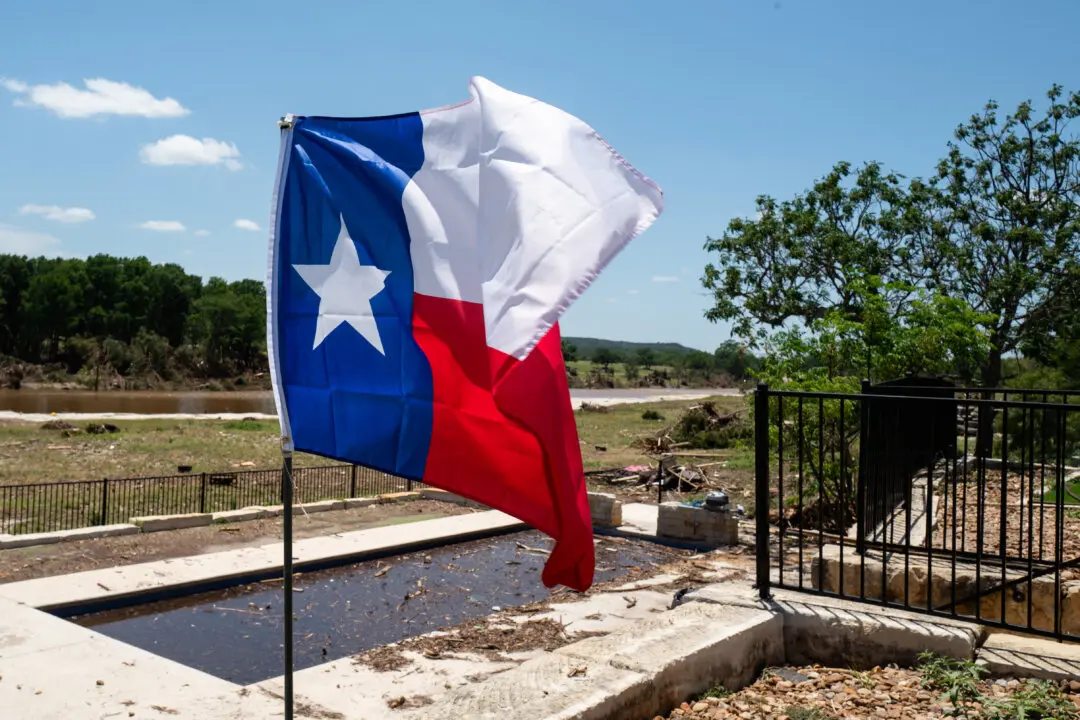The House Committee on Energy and Commerce held a hearing on the Chemical Safety and Hazard Investigation Board (CSB) on Sept. 29, revealing some bipartisan consensus on the general need to improve the long-troubled agency while raising questions about its limited response to tens of thousands of reports, its vulnerability to political agendas, and its freedom to investigate chemical spills caused by other federal agencies, such as the Environmental Protection Agency (EPA).
Modeled after the National Transportation and Safety Board (NTSB), the CSB was authorized in 1990 and launched in 1998.





